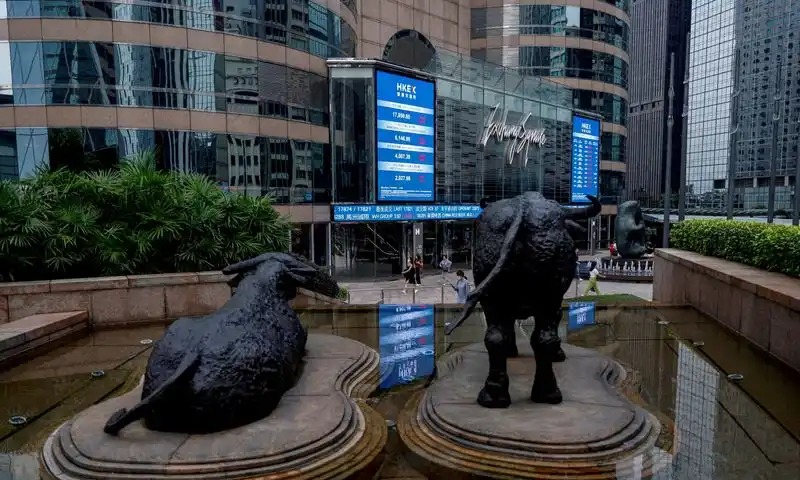What's Happening?
Reformation, a Californian fashion brand known for its sustainable approach, is opening its first boutique in France, located in the Marais district of Paris. The store features chic design elements such as Murano glass light fixtures and hand-knotted
rugs, and integrates the Retail X concept, blending e-commerce with physical retail. This expansion marks Reformation's entry into continental Europe, adding to its network of over 60 stores across the US, UK, and Canada. The brand plans to open a second Parisian boutique in 2026.
Why It's Important?
Reformation's expansion into France signifies the growing demand for sustainable fashion and the brand's commitment to responsible production. By entering the European market, Reformation is poised to influence local fashion trends and consumer preferences, potentially driving increased interest in eco-friendly apparel. The integration of high-tech retail concepts reflects the evolving landscape of fashion retail, where digital and physical experiences converge to enhance customer engagement. This move could inspire other brands to adopt similar strategies, promoting sustainability and innovation in the industry.
What's Next?
Reformation's expansion may lead to increased collaboration with local designers and suppliers, fostering innovation in sustainable fashion. The brand's presence in Paris could attract a new customer base, influencing fashion trends and consumer behavior in the region. As Reformation continues to grow, it may explore additional markets in Europe, further solidifying its position as a leader in sustainable fashion.
Beyond the Headlines
The opening of Reformation's boutique highlights the cultural significance of sustainable fashion and its impact on global retail practices. It raises questions about the future of fashion production and the role of technology in enhancing customer experiences. This development could lead to broader discussions on ethical fashion and the importance of transparency in supply chains, potentially driving long-term changes in industry standards.
















